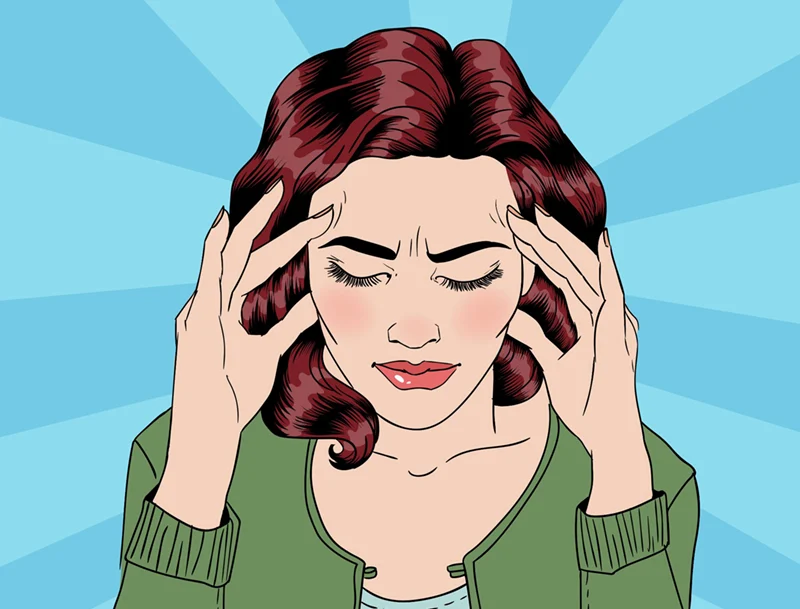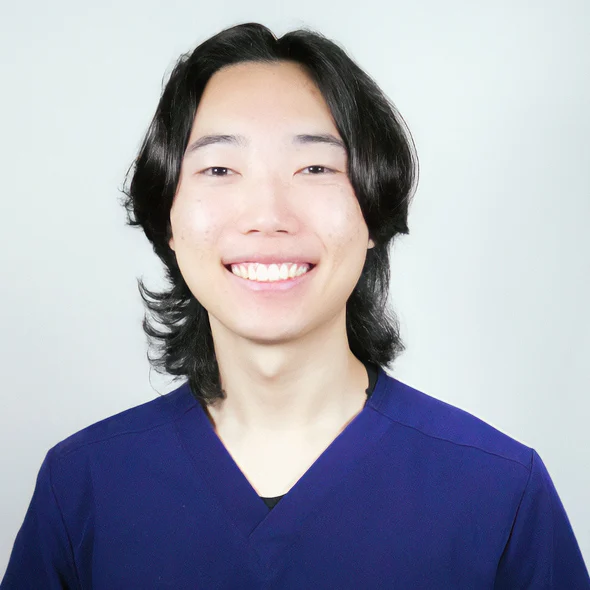The body relies on multiple systems working together to maintain optimal health and stability. Two key systems, the sympathetic nervous system and the parasympathetic nervous system, form the autonomic nervous system, which controls many involuntary functions. These two systems work in opposition, creating a balance that allows the body to respond appropriately to different situations.
The sympathetic nervous system triggers the “fight or flight” response, preparing the body to react to stress or danger. It increases heart rate, redirects blood flow to muscles, and heightens alertness. In contrast, the parasympathetic nervous system manages the “rest and digest” response, slowing the heart rate, promoting digestion, and encouraging relaxation and recovery.
Together, these systems regulate critical functions like breathing, heartbeat, digestion, skin temperature, and bladder control. When the autonomic nervous system malfunctions, these essential functions become disrupted. This condition, known as dysautonomia, can cause certain bodily processes to become overactive or underactive, leading to a variety of uncomfortable and sometimes debilitating symptoms.
How Do I Know if I Have Dysautonomia?
Dysautonomia is relatively common, affecting millions of Americans each year. Some people are born with it, while others develop it over time. In some cases, it occurs on its own. In others, it arises from a preexisting condition, known as secondary dysautonomia.
Conditions that can lead to that include:
- Diabetes
- Parkinson’s disease
- Rheumatoid arthritis
- Crohn’s disease
- Celiac disease
- Lyme disease
What Therapies Are Available for Dysautonomia?
Currently, no single treatment cures dysautonomia. However, several therapies can help manage symptoms. We offer neurological therapies designed to support individuals struggling with dysautonomia. Since causes and symptoms vary, treatment plans differ for each person. If you suspect dysautonomia, especially due to another health condition, consult your doctor or call NorCal Brain Center for a free consultation. Dysautonomia occurs when nerves fail to communicate properly, causing parts of the autonomic system to receive too much or too little stimulation. This leads to a variety of symptoms that can impact daily life.







